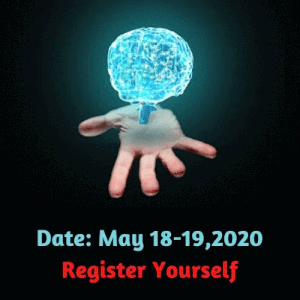Kazue Sawami
Professor at Nara Medical University
Title: Survey on Physical Exercise Persistence During Stay Home
Biography
Biography: Kazue Sawami
Abstract
Introduction: At the moment, many countries in the world are implementing prolonged going out restriction orders in a bid to limit COVID-19 infections. Unfortunately, this could lead to lack of exercise for many people. Starting April 2019, we gave out DVDs which contain dance and brain training lessons to help people exercise at home for the purpose of preventing dementia. In light of the current prolonged going out restriction orders, we would like to report on the survey we conducted about the persistence of the suggested brain stimulating dance at home.
Method: We sent a questionnaire over the LINE messaging to 56 senior citizens who registered to be survey respondents, and analyzed their reply. The time period referenced in the survey was the whole month of April 2020.
Results: We received replies from 31 respondents, out of which 1 is male and 30 are female, and they are aged between 50 – 80 years old. Half of the respondents, fifteen, continued the brain stimulating dance at home, of which 9 did it once a week, 5 did it 2 – 4 times a week, and 1 did it every day. 29% of respondents felt that their physical and mood condition had deteriorated because of the going out restrictions, of which 78.8% were those who did not do anything while at home.
Conclusion: In order to preserve physical and mental health while going out restriction orders are in place, there is a need to encourage activities that can be easily carried out at home. Judging from the fact that only half of the respondents carried out the suggested exercise, there appears to be a need to make the content more flexible to each of their circumstances. In addition, there is a need to deliver ways to self-evaluate the effectiveness of practices.

